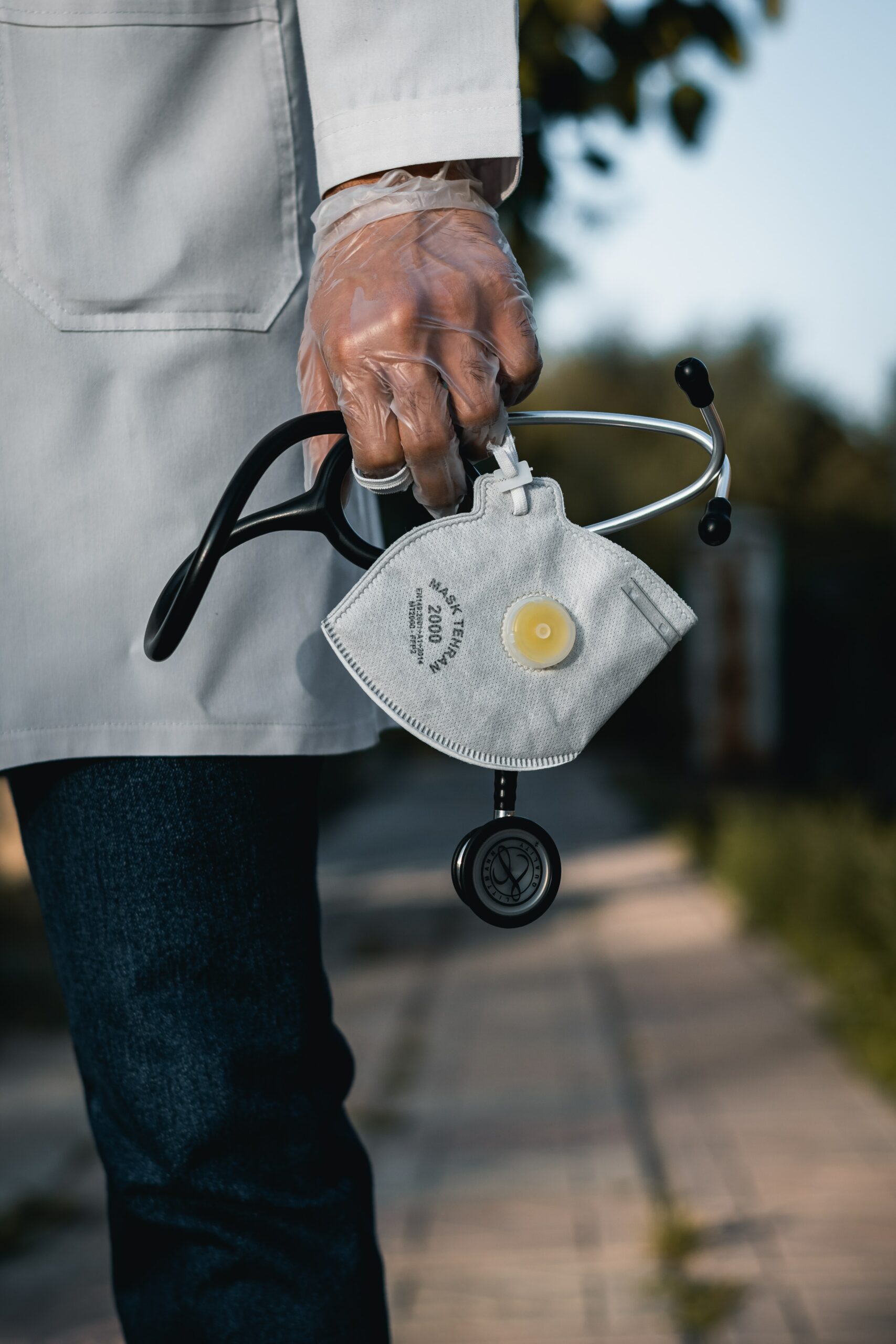On 18 July 2023, the Montreuil Administrative Court issued a ruling, widely reported in the press, which has significant implications for the field of healthcare and the well-being of healthcare professionals. This decision, which has not been appealed, establishes that the suicide of a healthcare worker in the workplace can be considered an accident in the line of duty, under certain conditions.
The legal framework of the decision
In its ruling, the court clarified that any suicide or attempted suicide occurring in the workplace and during working hours can be classified as a work-related accident, unless there are exceptional circumstances detaching it from the service. Moreover, even outside these specific situations, a direct link with the service may also justify this classification. This decision is based on the consistent application of administrative case law characterising the imputability of an accident to the service.
Professor Barrat’s situation
The particular case that led to this decision is both tragic and revealing. It concerns the death at work of Professor Barrat, an eminent practitioner working in the bariatric department of the Avicenne hospital in Bobigny. His suicide was triggered by major organisational changes that led to tensions and difficulties within the care team. The evidence presented during the trial, including audit and expert reports, indisputably demonstrated deplorable working conditions and professional suffering. Unfortunately, these conditions led to the gradual departure of members of the team. Even more worryingly, Professor Barrat’s request to leave was rejected by the hospital and university authorities.
The crucial importance of the decision
This court ruling is of the utmost importance, as it recognises that Professor Barrat’s suicide was directly linked to his department, due to the difficult working conditions and professional suffering he endured. As a result, the court has recognised that the suicide was attributable to the service, setting a precedent that could have a considerable impact on other similar cases in the future.
A fundamental concern for well-being and quality of care
Beyond this individual case, this decision raises a broader issue: that of protecting the well-being of healthcare professionals. Legal advances in this area are essential to ensure healthy working conditions and appropriate recognition of the challenges faced by carers. The well-being of carers is not just a moral issue, it is also a fundamental pillar of the quality of healthcare our society receives.
Solutions to support carers
In response to this reality, specific support mechanisms have been set up for carers in distress, such as the MOTS association and the LIPSEIM association. Trade union structures can also be of invaluable help to healthcare professionals in need of support.
In conclusion, this court decision marks a turning point in the field of health law and the well-being of carers. It reminds us of the importance of protecting those who dedicate themselves to caring for others.
Our team is at your side to work together to create a safe and healthy working environment for healthcare professionals.

